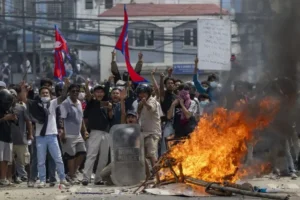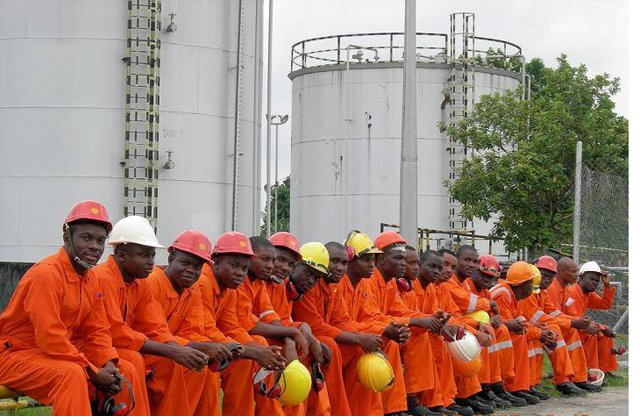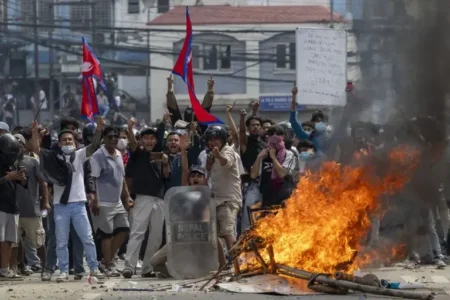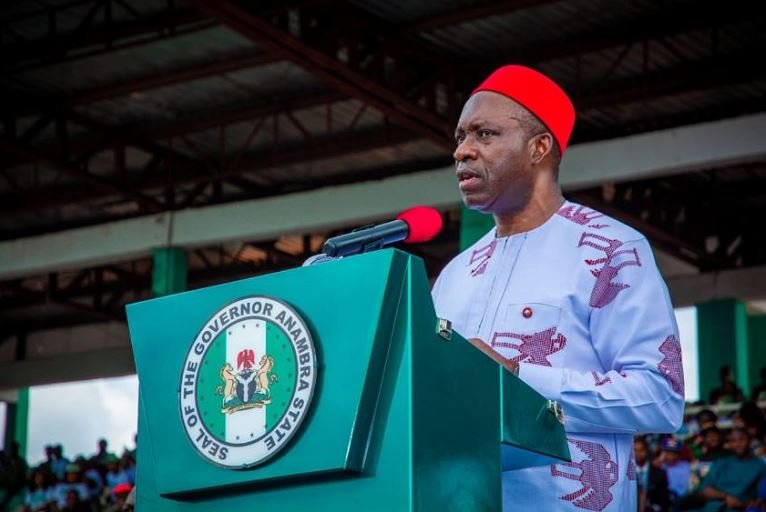The Petroleum and Natural Gas Senior Staff Association of Nigeria (PENGASSAN) has ordered Cameron/OneSubsea Offshore Systems Nigeria Limited employees to go on indefinite strike beginning at 12:00 a.m. on Tuesday, citing alleged anti-labor practices and the company’s refusal to engage in good-faith negotiations.
In a directive issued by PENGASSAN’s Assistant General Secretary, Port Harcourt Zone, Sere Nwikiabeh, the union accused the firm of impeding all efforts to address outstanding grievances related to the 2025 Collective Bargaining Agreement.
The Collective Bargaining Agreement is the primary means by which unions and management negotiate salary, benefits, and working conditions. The collapse of the 2025 CBA negotiations indicates a significant distrust between the two parties.
“We have exhausted all avenues of negotiation and dialogue, and it has become clear that management is not willing to engage with us in good faith.
“In light of this, we have decided to take a more decisive action to protect and defend our members’ rights,” the statement partly read.
The instruction, written to the Cameron/OneSubsea branch chairman and secretary, required full compliance with the strike order until management met the union’s requests.
The letter, which was copied to PENGASSAN’s national president, the Nigerian Upstream Petroleum Regulatory Commission, Nigerian Upstream Investment Management Services, the Rivers State Commissioner of Police, and the Department of State Services, emphasized that the strike was the last resort after repeated requests for fair labor practices were denied.
PENGASSAN reminded its members that it was still committed to ensuring better working conditions, fair treatment, and respect for workers’ rights in Nigeria’s oil and gas sector.
“We expect total compliance from all our members. Together, we will fight for our rights. Solidarity forever,” the union declared.
The conflict at Cameron/OneSubsea, a Schlumberger affiliate, reflects recurrent tensions between multinational oil service companies and Nigerian labor unions over welfare, salaries, and collective bargaining.
PENGASSAN, one of the most powerful unions in the oil and gas industry, has a history of employing strikes to demand better working conditions for senior employees, which frequently disrupts operations.
Nigeria’s reliance on petroleum revenues means that industrial actions in the oil and gas sector are constantly followed.
Strikes, particularly at service businesses such as Cameron/Onesubsea, which provide technical competence for offshore operations, can cause project delays, disrupt production timetables, and undermine investor confidence.
Unless a resolution is achieved fast, the strike might spread throughout the upstream industry, putting additional pressure on regulators and government authorities to intervene.










